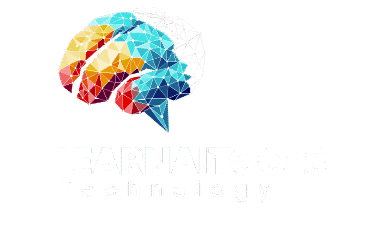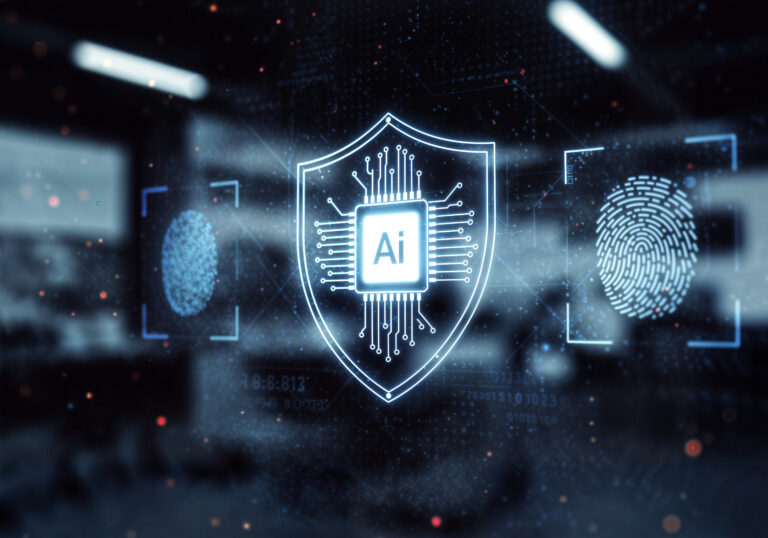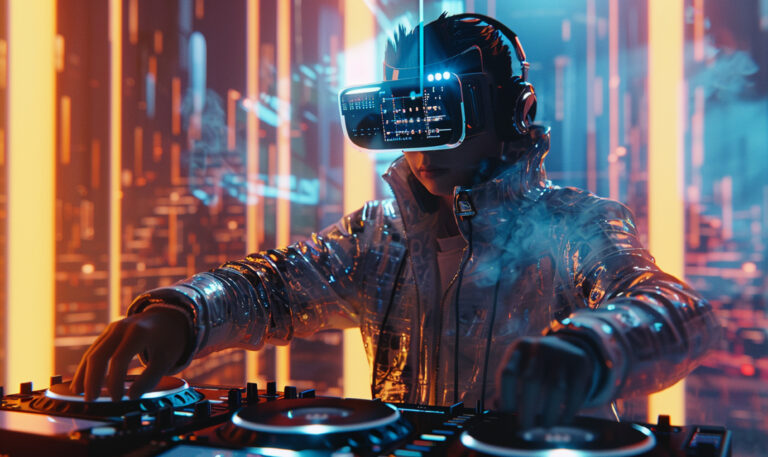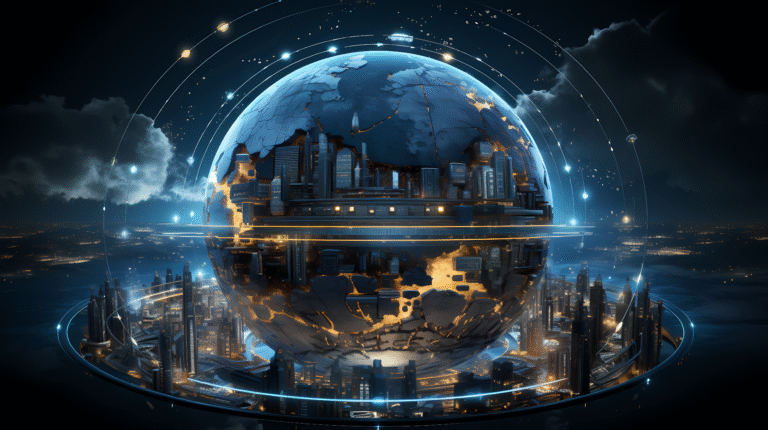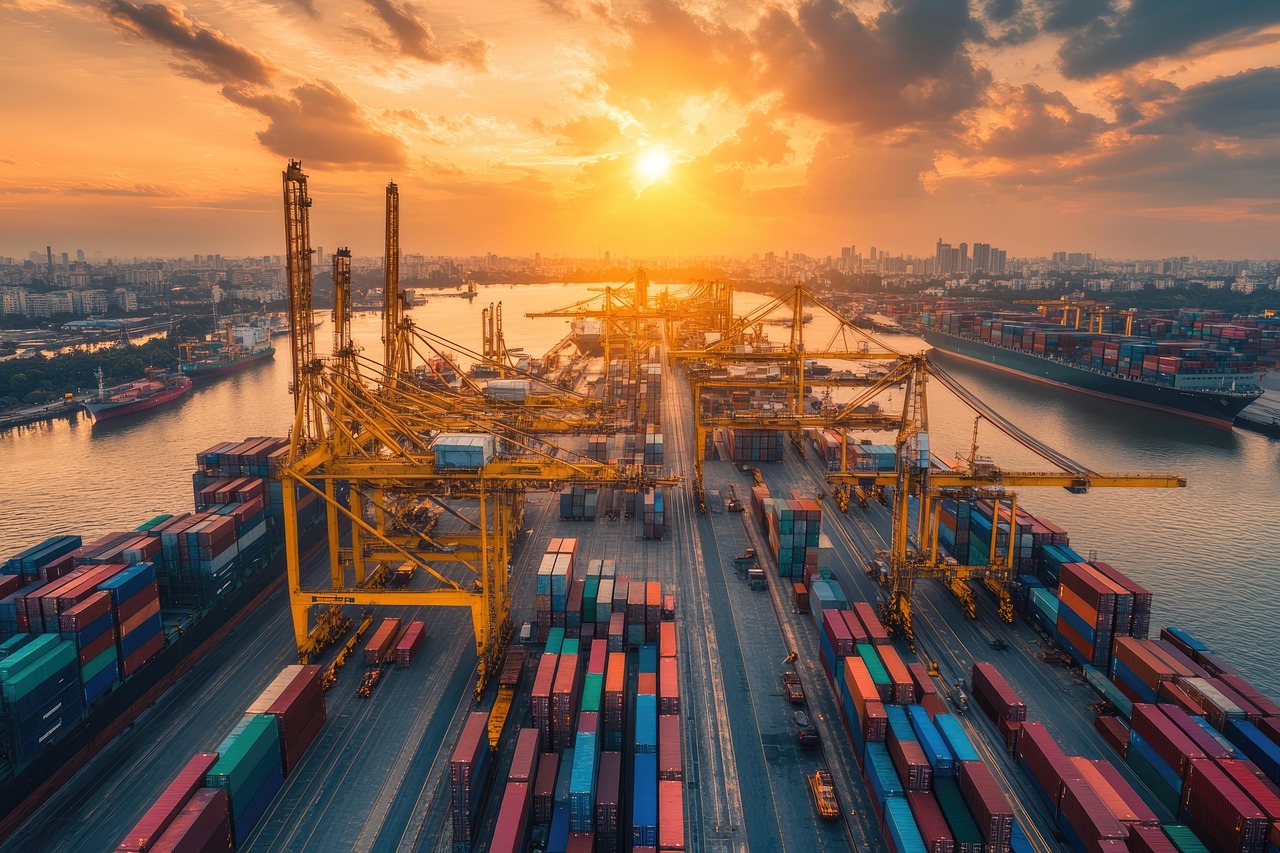
AI Industry 2025
Introduction
AI Industry 2025 is not just about machines or algorithms; it is about how artificial intelligence is reshaping economies, businesses, and human lives. By 2025, AI is projected to become a multi-trillion-dollar industry, powering automation, healthcare, finance, cybersecurity, education, and creative fields. From startups to global corporations, AI has become the backbone of innovation and progress.
This article explores the scope, opportunities, challenges, and future pathways of the AI industry in 2025, highlighting why it matters for professionals, businesses, and society at large.
AI Industry 2025 – A Global Transformation
AI Industry 2025 marks a pivotal shift in how nations view technology. Countries like the United States, China, India, and members of the European Union are heavily investing in AI infrastructure to lead this digital revolution.
Global spending on AI is expected to surpass $500 billion by 2025, creating opportunities for innovation in every sector. AI-driven tools are not limited to tech giants anymore—small businesses and even local startups are using AI to improve efficiency and customer experience.
Key Drivers of AI Industry 2025
AI Industry 2025 is being shaped by several powerful forces:
- Automation – Factories, logistics, and offices are increasingly using AI-driven robots and software to streamline repetitive tasks.
- Healthcare AI – From drug discovery to personalized medicine, AI is saving lives by accelerating innovation.
- Data Explosion – With billions of devices connected, AI is essential for analyzing massive amounts of data.
- Edge AI – Moving beyond the cloud, AI is being deployed directly on devices, enabling real-time decision-making.
- AI Regulation & Governance – Governments worldwide are introducing AI ethics and compliance laws to ensure responsible use.
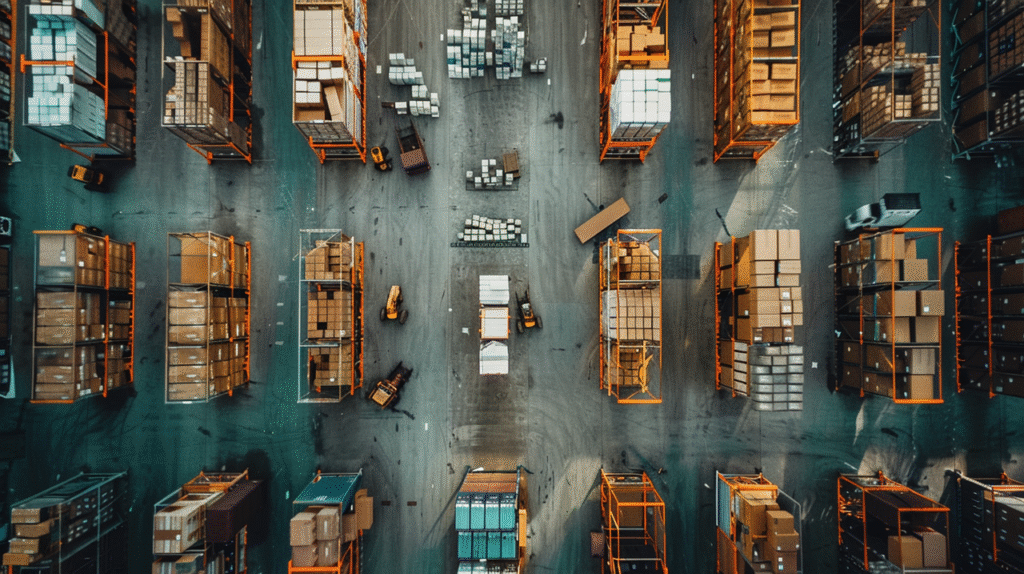
AI Industry 2025 in Business and Economy
AI Industry 2025 is revolutionizing how companies operate. Businesses are using AI for predictive analytics, supply chain optimization, fraud detection, and personalized customer experiences.
- Retailers use AI to track consumer behavior and suggest products.
- Banks rely on AI for detecting fraud and automating financial services.
- Manufacturers benefit from predictive maintenance powered by AI sensors.
This integration of AI is not just cutting costs but also generating entirely new business models, making the industry highly profitable.
AI Industry 2025 and Job Market Impact
One of the biggest debates around AI Industry 2025 is its impact on jobs. While AI is automating millions of repetitive roles, it is also creating high-value jobs in fields like AI engineering, data science, cybersecurity, and AI ethics.
World Economic Forum reports suggest that by 2025, 85 million jobs may be displaced but 97 million new roles may emerge, highlighting AI’s potential to create more opportunities than it eliminates.
AI Industry 2025 in Healthcare
AI Industry 2025 is making healthcare smarter and more accessible. From early disease detection to AI-powered surgical robots, healthcare is undergoing a digital transformation.
- Remote monitoring allows doctors to track patients via AI devices.
- Drug discovery is faster with AI analyzing billions of molecular combinations.
- Personalized treatment is possible through patient-specific AI models.
The ultimate goal is not just efficiency but saving millions of lives with predictive, preventive, and precise medicine.
AI Industry 2025 and Education
AI Industry 2025 is transforming education into a personalized experience. Students no longer follow a one-size-fits-all approach; instead, AI tutors can adapt to each student’s strengths and weaknesses.
- Virtual classrooms powered by AI make global education accessible.
- AI-driven assessments ensure fair grading.
- Language translation tools break barriers for international learning.
This democratization of education is preparing future generations for an AI-driven world.
Ethical Challenges in AI Industry 2025
AI Industry 2025 also comes with risks and challenges. Issues like data privacy, algorithmic bias, and ethical governance remain major concerns. Without responsible development, AI could worsen inequality and create new risks.
That’s why companies, governments, and researchers are working together to create AI ethics frameworks to ensure fair, transparent, and responsible adoption.
Future of AI Industry 2025 and Beyond
AI Industry 2025 is only the beginning. By 2030, AI could contribute over $15 trillion to the global economy, making it one of the most powerful industries of the future.
Trends shaping the future include:
- Generative AI for creativity and content development.
- AI in cybersecurity to combat growing digital threats.
- Green AI for sustainable energy solutions.
- AI-powered Metaverse combining virtual reality and intelligent agents.
Conclusion
AI Industry 2025 is more than a technological shift—it is a revolution transforming every sector of human life. From healthcare and education to finance and business, AI is enabling smarter, faster, and more sustainable growth.
The nations and organizations that embrace this transformation responsibly will lead the future, while others risk being left behind. As we step into 2025, one truth is clear: AI is not the future anymore—it is the present, and the AI industry is here to stay. To explore more about the latest AI innovations and tools, visit Learn Ai Tools.
